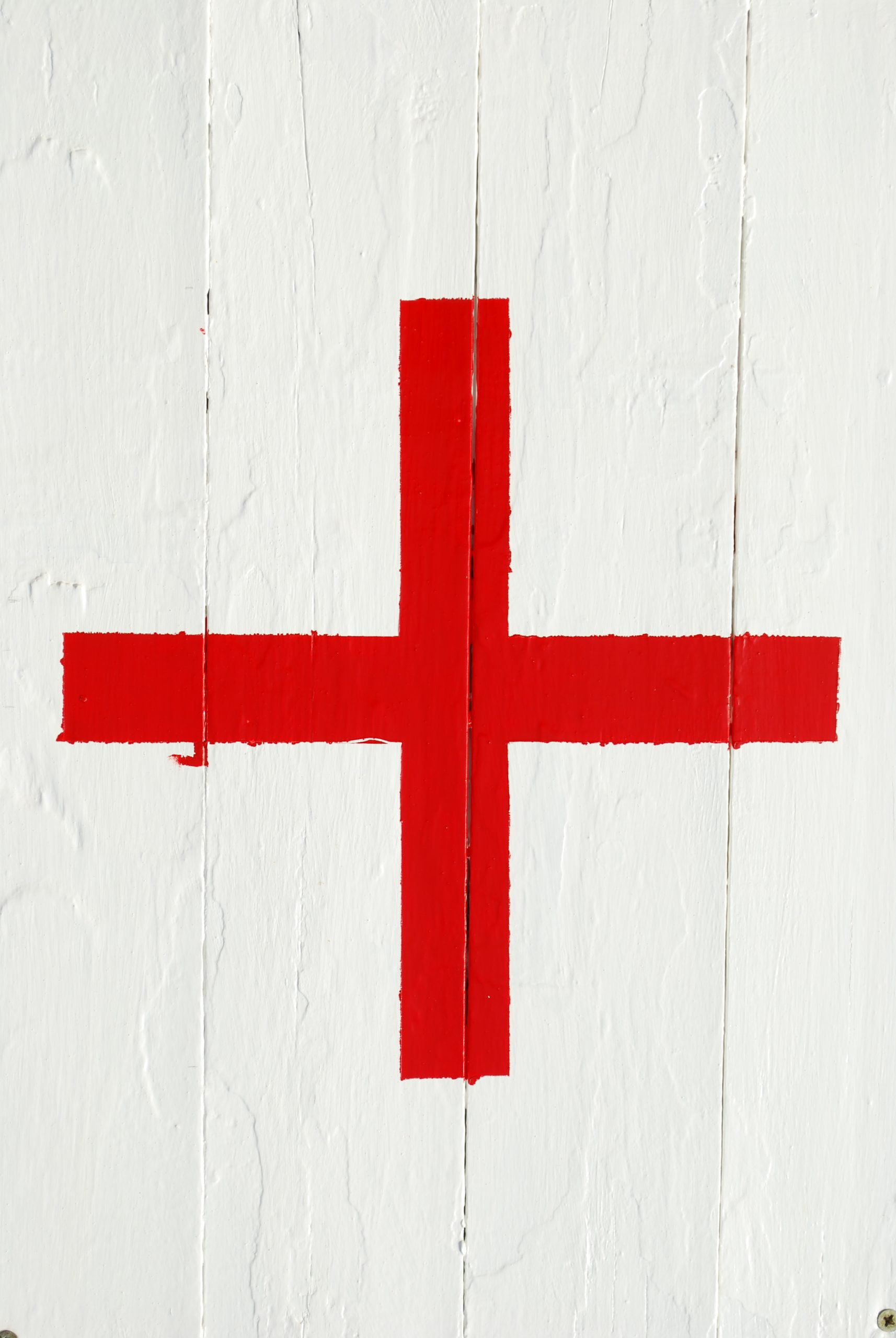Disasters can strike at any time, and it’s essential to be prepared for them. In this blog post, we will discuss health and safety tips that you need to know when disaster hits. These tips will help keep you safe and protected during emergencies.
Introduction to Health & Safety When Disaster Hits
When a disaster strikes, your first priority should always be your safety. Make sure you have an evacuation plan in place and practice it regularly with your family or colleagues. It’s also crucial to have an emergency kit ready with supplies such as food, water, medications, flashlights, and batteries. Remember to check the expiration dates on these items frequently and replace anything that has passed its use-by date.

First Aid and Health in Survival Situations
In survival situations, basic first aid skills are critical. Take a first aid course before disaster strikes so that you know how to handle common injuries and illnesses. Also, make sure you have a well-stocked first aid kit available at all times. This should include bandages, antiseptic wipes, pain relievers, and any necessary prescription medications.
Safety Measures for Natural Disasters
Depending on where you live, natural disasters may occur more often than others. For example, if you live near a coastline, hurricanes could pose a significant threat. Research the potential hazards in your area and develop a plan accordingly. If there is a risk of flooding, move important documents and valuables to higher ground. If there is a risk of wildfires, create defensible space around your home by clearing brush and other flammable materials.
Self-Defense Tips to Survive a Crisis
During crisis situations, self-defense becomes vital. Learn some basic self-defense techniques like blocking, striking, and kicking. Carry a personal alarm or whistle with you at all times to alert people nearby if you feel threatened. Additionally, avoid walking alone at night or in unfamiliar areas. Stay aware of your surroundings and trust your instincts.
Conclusion: What You Need to Know About Health & Safety During Emergencies
Remember, being prepared is key to staying safe during emergencies. Have a plan in place, stock up on essentials, and educate yourself on proper safety measures. By following these tips, you can increase your chances of surviving a disaster safely.